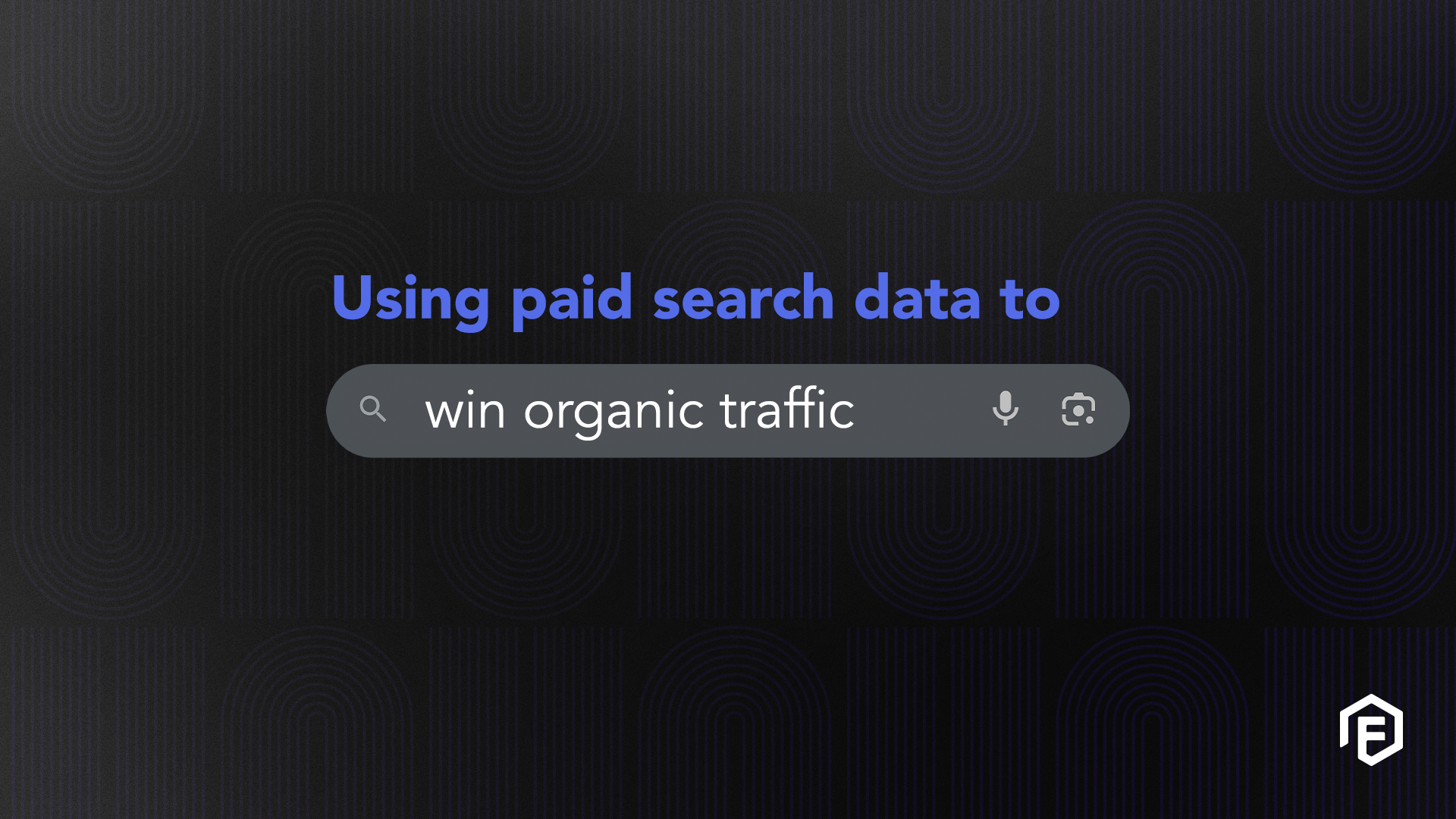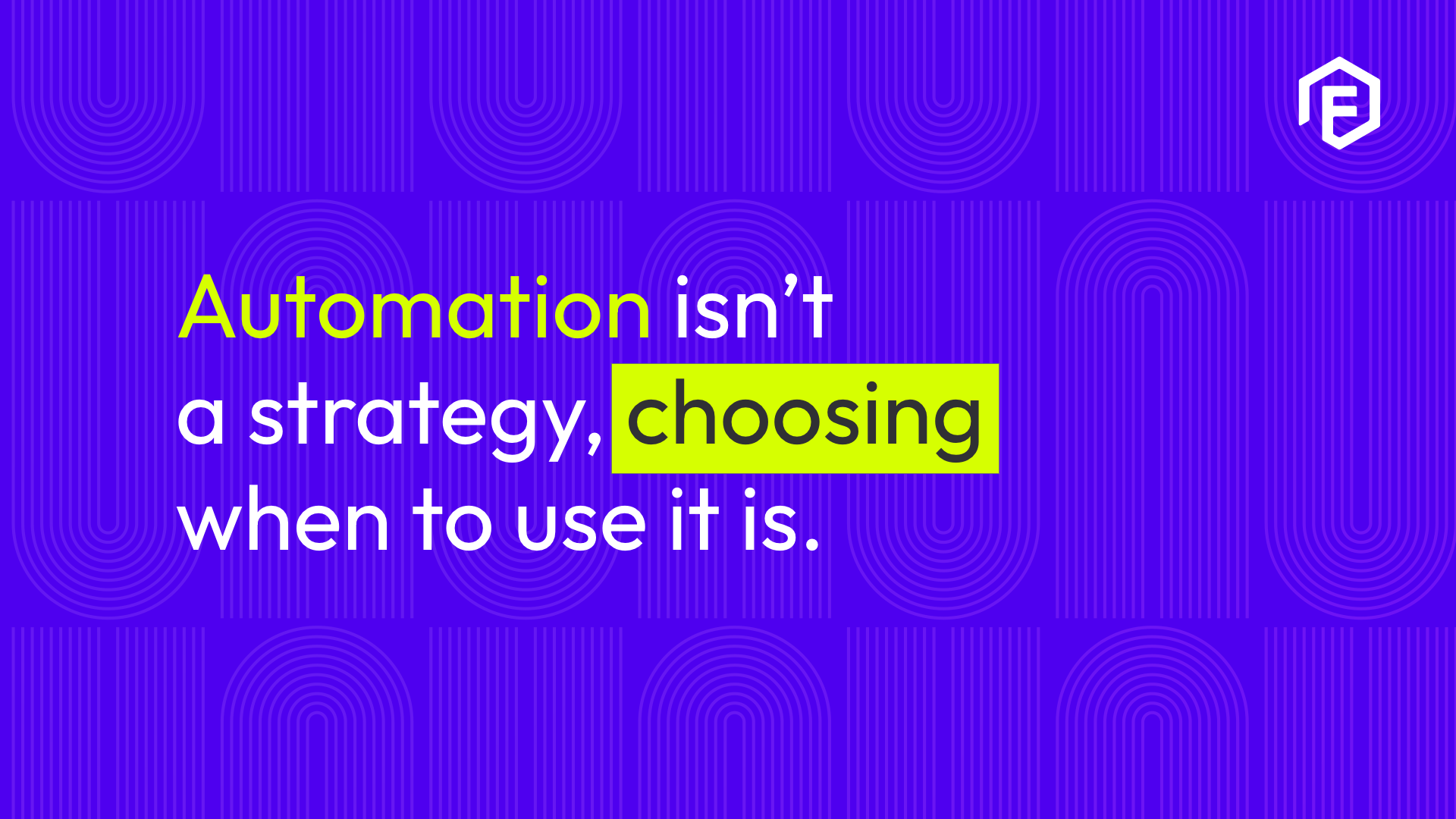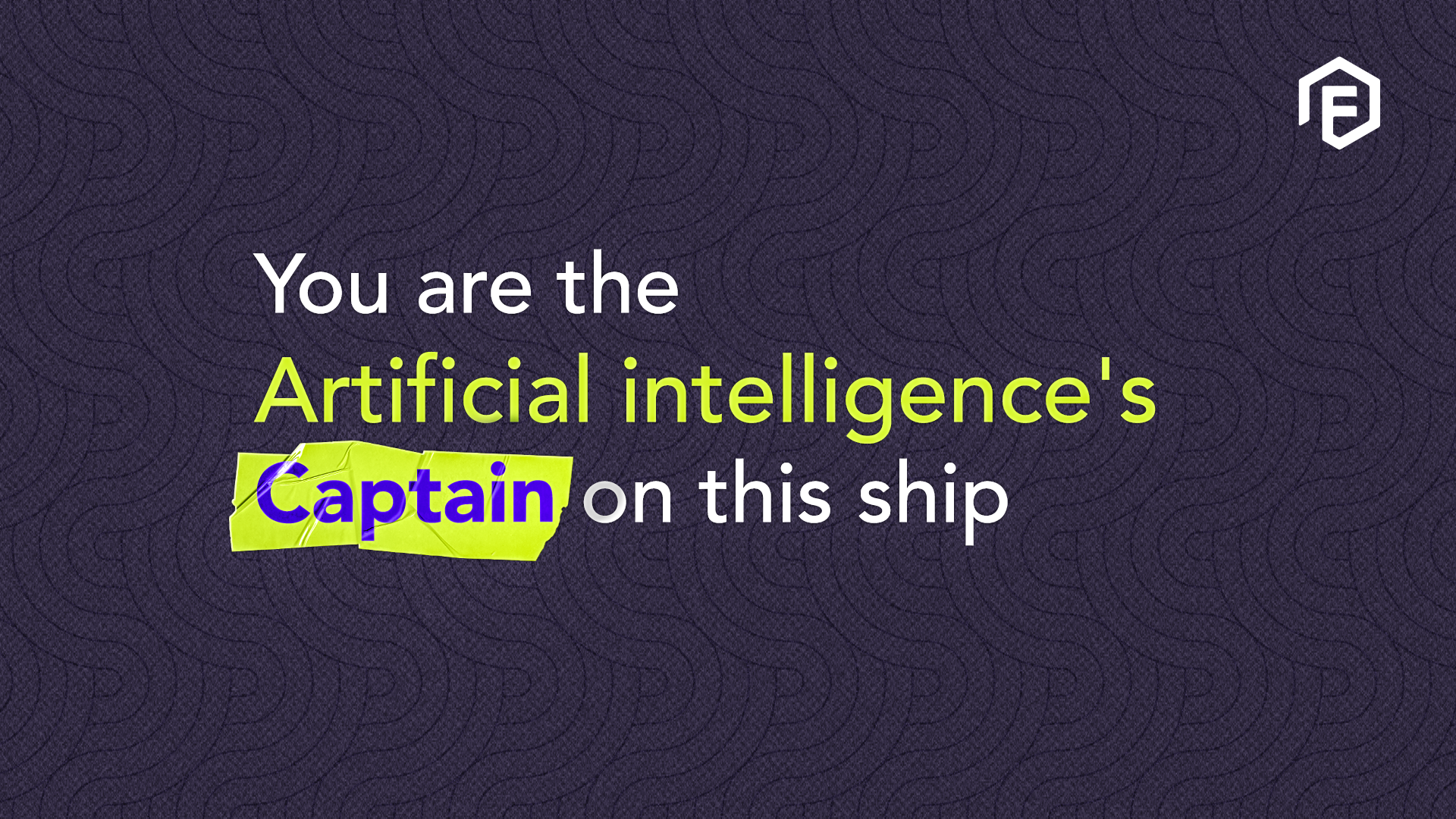The advent of the internet has revolutionised the way we live, work, and communicate. Alongside this transformation, a new era of marketing has emerged – digital marketing. In the vast landscape of cyberspace, businesses now have access to unprecedented opportunities to connect with their target audiences in ways never before imaginable.
In this article, we delve into the fundamental elements of this modern-day approach to marketing, shedding light on its significance in driving success and growth. The concept of digital marketing strategy has revolutionised the way businesses promote their products and services, interact with customers, and build brand loyalty.
Uncover the core principles behind a robust digital marketing strategy, exploring the multitude of channels and tactics available to businesses to capture their target audience’s attention.
Let’s embark on a journey to unravel the secrets behind a successful digital marketing strategy and discover how it can propel your business to new heights.
What is Digital Marketing?
Digital marketing is a multifaceted and strategic approach to promoting products, services, or brands using digital technologies and online channels. It encompasses a wide range of marketing activities that leverage the internet, electronic devices, and various digital platforms to connect with target audiences, engage potential customers, and achieve specific business objectives.
Digital marketing aims to create a compelling online presence, drive website traffic, generate leads, foster brand awareness, and ultimately, convert leads into loyal customers. It embraces the vast and dynamic nature of the digital landscape to reach and interact with consumers where they spend a significant portion of their time – browsing websites, engaging on social media, consuming content, and using various online services.
Why You Need a Digital Marketing Strategy
In today’s world, digital marketing is an absolute must for any business aiming to boost its brand awareness. It seems like nearly every brand out there has a website, and even if they don’t, they’re at least on social media or using digital ads. Digital content and marketing have become so prevalent that consumers now expect and depend on them to learn about brands. The beauty of digital marketing lies in its versatility, allowing businesses to get creative and try out a range of marketing tactics without breaking the bank.
Another significant advantage of digital marketing is its trackability. A well-crafted strategy incorporates analytics tools that provide valuable data on campaign performance, website traffic, conversion rates, and more. This data-driven approach empowers businesses to make informed decisions and optimise their marketing efforts for better results.
Also, since digital marketing is often more cost effective than traditional marketing methods, it’s an attractive option for businesses with limited budgets. It allows them to achieve their specific goals; whether it’s generating leads, increasing sales, expanding market reach, or building customer loyalty.
Types of Digital Marketing
Let’s have a look at the most common digital marketing tactics and the channels involved.
Search Engine Optimisation (SEO)
At the foundation of any successful digital marketing strategy lies SEO, the art of optimising a website’s content to rank higher in search engine results. By understanding search engine algorithms and crafting relevant, valuable content, businesses can attract organic traffic and gain visibility among potential customers.
Find out what SEO means and the advantages here.
Content Marketing
In the digital age, content is king. Content marketing involves creating and distributing valuable, informative, and engaging content to attract and retain an audience. Blogs, articles, videos, infographics, and social media posts are some of the mediums used to convey a brand’s message and establish authority in the industry.
Social Media Marketing
The rise of social media platforms has transformed the way people interact and share information. Social media marketing harnesses the immense reach of platforms like Facebook, Twitter, Instagram, TikTok, and LinkedIn to connect with audiences, build brand awareness, and foster customer engagement.
Email Marketing
Despite the emergence of new digital marketing channels, email marketing remains a potent tool for businesses to reach their target customers directly. Personalised and targeted email campaigns can drive traffic, nurture leads, and enhance customer loyalty.
Pay-Per-Click (PPC) Advertising
With PPC advertising, businesses pay a fee each time their ads are clicked on. This model allows companies to bid on specific keywords relevant to their target audience, ensuring that their ads appear prominently in search engine results and on various platforms.
Influencer Marketing
As consumers increasingly value authenticity and trust, influencer marketing has gained traction. Collaborating with influencers who have significant followings in niche markets enables brands to leverage their influence to promote products and services effectively.
The Power of Data and Analytics
Digital marketing’s true strength lies in its ability to collect and analyse vast amounts of data. With powerful analytics tools, businesses can gain deep insights into their audience’s behaviour, preferences, and interactions with their online assets. This data-driven approach empowers marketers to refine their strategies, make informed decisions, and optimise campaigns for maximum impact.
Find out more about the future of data analytics in digital marketing.
Global Reach and Personalisation
Digital marketing knows no geographical bounds. The Internet connects businesses with consumers from across the globe, enabling them to expand their reach and tap into international markets. Moreover, digital marketing allows for personalised targeting and tailoring campaigns to address the specific needs and preferences of individual customers, thereby enhancing customer experience and fostering brand loyalty.
Staying Ahead in the Digital Race
The digital marketing landscape is continually evolving, presenting both exciting opportunities and challenges for businesses. Staying ahead in the digital race requires adaptability, creativity, and a keen understanding of emerging technologies and trends. Keeping abreast of the latest advancements and best practices will ensure that businesses can leverage digital marketing to its fullest potential and maintain a competitive edge in the dynamic online world.
How to Create an Effective Digital Marketing Strategy
Lay the Foundation With a Swot Analysis
Kicking off your digital marketing strategy involves conducting a thorough SWOT analysis – an essential process to assess the viability of your plan. By evaluating the strengths, weaknesses, opportunities, and threats (SWOT), businesses can gain valuable insights to guide their strategy development.
Set SMART Goals
The SMART acronym takes centre stage in the world of business strategy. Specific, measurable, attainable, relevant, and timely – these attributes define the goals that should shape your digital marketing strategy. Having well-defined goals ensures clarity and effectiveness in your approach.
Segment Your Market
To effectively target your audience, market segmentation becomes a key component. Grouping buyers based on shared similarities allows for a customised plan that aligns precisely with their needs, significantly enhancing your strategy’s impact and gaining substantial traction.
Understand the Buyer’s Persona
Delving deeper into your audience’s psyche involves grasping their persona – their preferences, motivations, and desires. By understanding your audience on a personal level, you can tailor your marketing efforts to create a more engaging and meaningful connection.
Navigate Budget Constraints
A successful digital marketing strategy requires a well-managed budget. Knowing your financial limitations empowers you to allocate resources smartly, ensuring a steady flow of cash to sustain and optimise your plan despite any fluctuations.
Digital marketing has become an integral component of modern business strategies, fundamentally reshaping the way companies promote themselves and engage with their audiences. As the digital world continues to expand, embracing the potential of digital marketing is not merely an option but an essential requirement for businesses aspiring to thrive and succeed in the digital age. By harnessing the power of SEO, content marketing, social media, email campaigns, PPC, and data analytics, businesses can forge meaningful connections with their target customers, fuel growth, and solidify their position in the ever-evolving world of digital marketing.
Flume is an independent, full-service digital marketing agency providing services that include SEO, web design and development, public relations, media buying, client service, UX/UI, and creative production. For more information visit our website or email us to say, well, “hello”.



